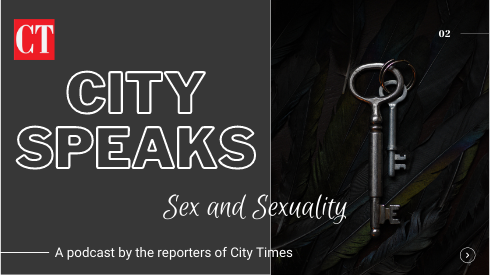Inequality, that’s what I noticed while canvassing for votes at Barrio Logan during last election. Walking into some of its streets reminded me that segregation is still common, even when census data indicates that racial separation has diminished since the 60s.
Barrio Logan, considered as one of the most diverse areas in the city of San Diego,is inhabited predominantly by Latinos, African Americans and a high concentration of poverty.
In some areas there are people sleeping on the street and starving, many of them war veterans, an ironic reminder of the U.S. empire.
I noticed that in some areas the urban decay is obvious. Unpaved streets are covered with pieces of carpet to prevent dust rise. Homes lacking basic maintenance, and landlords force tenants to live in disgraceful conditions. Many live in dilapidated houses and in deteriorating projects that are unsafe. It is very demoralizing to see how these workers are treated.
Neighbors are aware that in those impoverished areas there is a higher crime rate, but they don’t have the resources to get out. They are low-income workers whose alternatives are few.
According to neighbors, more and more often those living in the area are lowest-wage earners and individuals with temporary jobs; families who struggle to make a living, and in many cases are dependent on social services despite having a full-time job, or two.
I met workers with some of the toughest jobs in San Diego but who also earn the lowest wages. They are construction workers, gardeners, housekeepers, factory assemblers, hotel workers and retail and office workers. Some of their jobs were in grand buildings located downtown, but their salaries were still low. According to the many stories these workers shared, exploitation in San Diego is hidden but common, and many of the people I interviewed hated their jobs.
It didn’t surprise me to learn that some of the Barrio Logan neighbors have spent more than 20 years as legal residents. They didn’t have the money to become citizens. It was either that, or paying the rent and feeding their families. They have being excluded from participating for being poor.
I also noticed a complete lack of public lighting that contrasts with the wealth of beautiful buildings in downtown, nice area so full of light and that is visible from some of the areas in this poor neighborhood. A rough contrast of what we see here, even though it is the workers who create the rich peoples’ wealth.
Many other neighbors had no idea of who the candidates were. Some others were completely apathetic to the election and refused to register to vote, using excuses like “nothing ever changes” or “they don’t care about us.”
Many politicians do not include people in politics, they only need their votes. They are demagogues who know poor neighborhoods have some of the lowest voter turnout in the county, but in elections, every vote counts.
Since Democrat Bob Filner won, many now see this as an opportunity to better their neighborhood. Mario Ortega, a 47-year-old, says he hopes they’ll be among those who get help in their neighborhood, but he’s skeptical of any change in the barrio.
“Politicians live in total ignorance. They lack of respect for us, common sense or ethics,” said Ortega.
Neighbors worry that the politicians will neglect to leave room for them in their master plan. They have repeatedly failed them before; why believe them now?
Some members of the community agreed that they need African Americans and Latinos to realize their political power and urge the government to narrow the gap between the have and the have-nots.
With almost 68,000 people unemployed in the city of San Diego, we need the jobs that Filner promised. We need jobs with benefits and better salaries to stop the continuous circle of poverty.
One of the lessons after the last election is that politicians cannot minimize any vote. Minorities worked together to achieve a common interest by electing a mayor interested in their neighborhood, who said in his campaign that he cares about their communities.
Our community agrees with Filner that quality of life depends on the vibrancy of our neighborhoods. We, the working poor who are barely scraping together enough to get by, deserve better than this; we are waiting for a time when race won’t be an issue at all. We demand now, equality of opportunities for all and to put people first.


